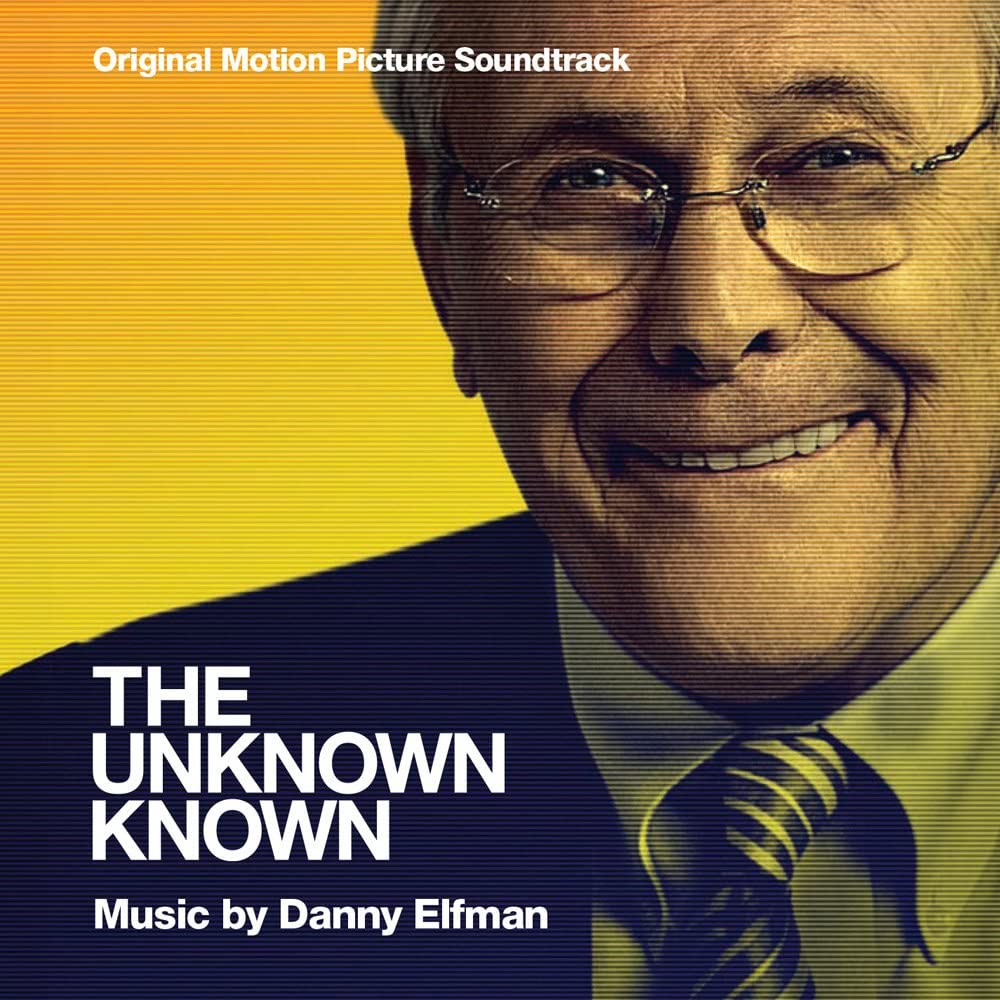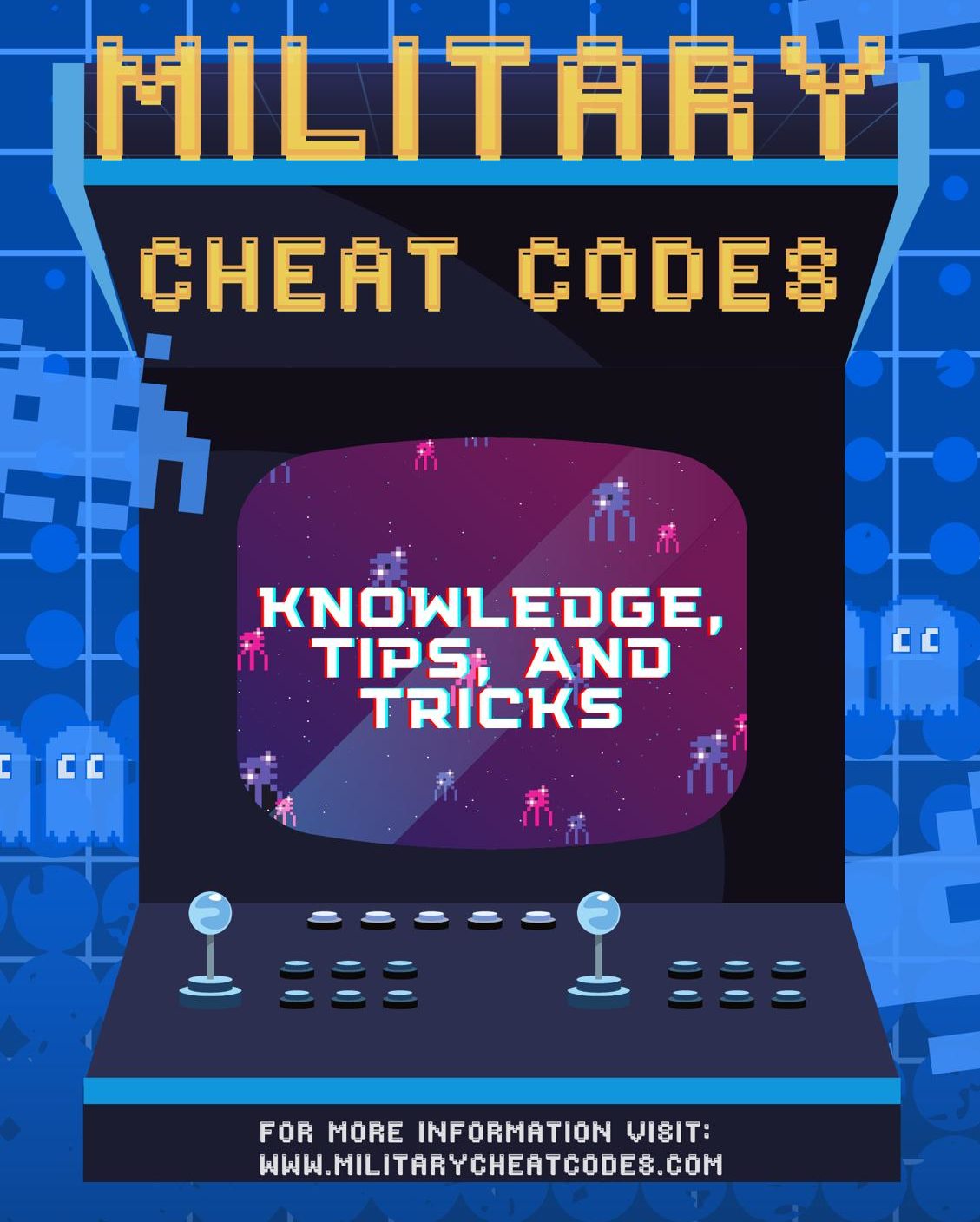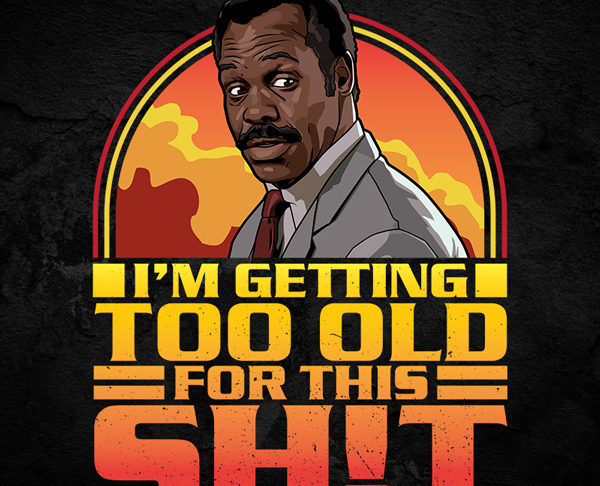
The Unknown Known: Morris Study of the Unknown Known Rumsfeld
Subject: What you know.
There are known knowns. There are known unknowns. There are unknown unknowns. But there are also unknown knowns. That is to say, things that you think you know that turns out you did not. — Donald Rumsfeld, Secretary of Defense, 1975-1977, 2001-2006
Love or hate Donald Rumsfeld …. the man got one thing right. He understood the way to defeat enemies is to understand the possibilities that exist in the war space. The Machiavellian politician understood that for a leader to make decisions they must understand the situation to include facts and assumptions that are both known and not known.
To quote President Richard Nixon from Oliver Stone’s Nixon: Damn it, without risk, there’s no heroism; there’s no history.
Erol Morris delivered another tremendous documentary called The Unknown Known (2013) studying Donald Rumsfeld serving as a summary of his career and ambitions. Some referred to this film as a sequel to the 2003 The Fog of War which has a similar undertaking studying Former Secretary of Defense during the Vietnam War Robert McNamara. The two films are so very similar, yet with such different outcomes and overtones.
Rumsfeld is on full display in this documentary as the viewer witnesses a proud and self-assured man who has a quick, yet well thought out response to every question. His humor and philosophical approach to scenarios (ie. discussing Rumsfeld’s Rules in response to questions on Iraq and absolutes) blunt the memory of a very ambitious politician willing to do whatever it takes to get ahead. He made enemies inside the Pentagon and the Washington establishment, but was also was beloved during the first few years during the War on Terror. It is his personality and his approach in conversations/discussions that somehow make hm unlikeable.
Rumsfeld was the youngest and oldest Secretary of Defense. President George W. Bush brought him back into the Defense Department to modernize, streamline, and make more efficient processes. Unknown Knowns highlights Rumsfeld’s distaste for the bureaucracy, “readiness,” and those systems/processes that inhibited a strong defense (including detente). He emphasized how in the 1970s the lack of defense growth and strength only make the world more unstable and a weakened U.S.
“Rumsfeld saw the world as filled with nuance, complexity and contingency. He was obsessed with the unknowable, and deeply suspicious of grand doctrines or ambitious policy schemes” (https://doi.org/10.1111/misr.12239). He was a moderate Republican who was more concerned with meeting goals than being tied to a philosophical goal.
He highlights with Morris a memo he wrote in 1983 called “The Swamp.” (Calm down fans of Trump… it has nothing to do with Washington, D.C. and the Deep State.) He discusses in the memo how the U.S. should “lighten our load” and that the “we should never U.S. troops as a peacekeeping force.” The memo was written as he was a special envoy for President Ronald Reagan for the Middle East and his reflections on all that he had witnessed. The viewer immediately ponders, how does the Rumsfeld go from this hands off approach to the Secretary of Defense that was known to question the Department of Defense when they suggested the need for more than 200,000 military members for Operation Iraqi Freedom. He openly stated there would not be a just and ever-lasting peace in the Middle East.
This question is not answered, but perhaps the answer comes to his previous quotation… it was a “failure of imagination.”
Rumsfeld as demonstrated in the documentary was a casualty of his own lack of imagination. Operation Iraqi Freedom became the political cinderblock that the media used to submerge him in the political East River. He never executed his own rules to fully imagine and understand or perhaps acknowledge how U.S. actions would be manipulated in information warfare arena. It is Rumsfeld’s hubris and right-mindedness that was his biggest asset but also his biggest liability. For a person who tried diligently to control his surrounding sphere and imagine possibilities, his political career ended with his inability to control a complex narrative.
Knowing everything is difficult, he says. Therefore it his entire lesson comes back to his rules of knowing and understanding the environment. Intelligence and empathic understanding (to use Robert McNamara’s words from Fog of War) are the two tools one can use to reduce the number of unknown unknowns (the things someone does not know that they not know). Reducing the number of unknowns reduces the amount of risk a decision maker must “buy” in order to make tough decisions. Cautious leaders are those that fear risk and will only take actions that are assured. Leaders that posterity admires are those that are willing to make enormous gambles and win; in Rumsfeld’s situation he did not win.
In the early part of the movie Rumsfeld states that people do not fall into exactly the same potholes, but that they make their own original mistakes.
The bravado comes off Rumsfeld as he discusses the abuses at Abu Grain Prison and the deaths and injuries from the wars. One can see firsthand that he realized that he was at error for those actions and seven years after the fact and at ground speed zero that things could have been conducted better. This is the closest we the audience see regret in his eyes for the mistakes that were taken. These are the lessons that leaders at all levels can learn from Rumsfeld’s mistakes as to not step into the same pothole or even their own original mess.
The New security environment of the 21st Century is also the focus in the movie with discussions on the War on Terror and non-state threats to security. This documentary was released before the Russian-Ukrainian War started in 2014 and the “restart” of great power competition. Rumsfeld was very critical of the Pentagon’s inability to reform or make strident changes to the processes or systems to counter dynamic security challenges. His discussions would be even better with the understanding of the world security posture changes since February 2022 and the Russian invasion of Eastern Ukraine.
This movie reminds military leaders the things they know and the things they do not know; an inventory that is a must for every leader if they so desire to be taken seriously.
Morris does terrific in laying out a complex discussion and yet allowing the individual to come to conclusions on their own. The soundtrack pulls the movie’s emotional foundation and is the best part for the viewer. Haunting and moving, Danny Elfman constructed a score that reminds us all the gravity of the situation we face in the moments around us.
In a Politico article following Rumsfeld passing in July 2021, Matthew Latimer wrote that Rumsfeld was not an overly emotive person and that emotions for him (as perceived from the bystander) were rather complex for him to fully understand. Perhaps the true lesson here is that to fully understand the decision space is to understand the dynamics of logic and emotion. When one can not understand or empathize with others or the environment, one is deemed to repeat other people’s mistakes.

Pred
Coming up almost on 19 years in the U.S. Air Force, Pred has spent 9.5 years at Minot AFB, North Dakota, 4 years at Joint Base San Antonio Randolph, 8 months at Barksdale, 3.5 years at U.S. Army Garrison Stuttgart, Germany, 1 year in Bamako, Mali, and almost one year at Ramstein AB, Germany.

